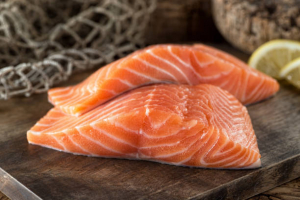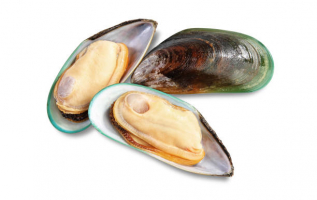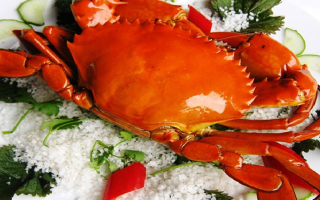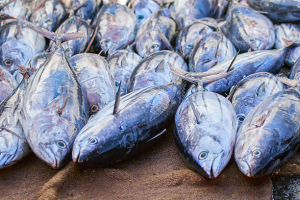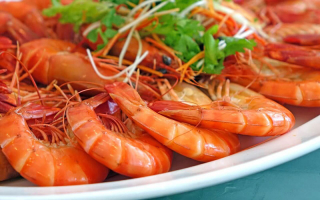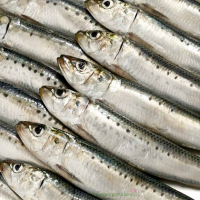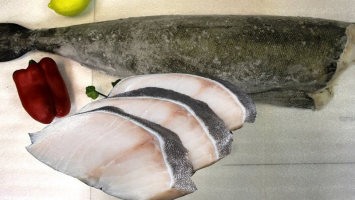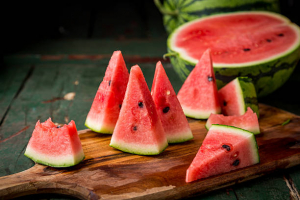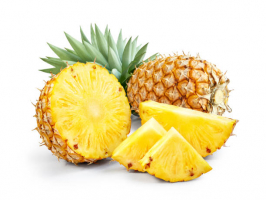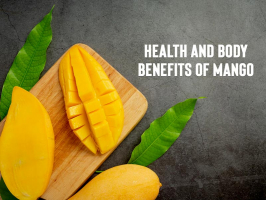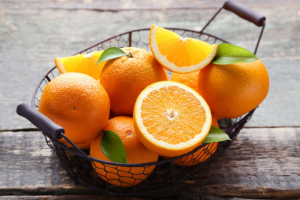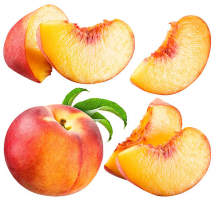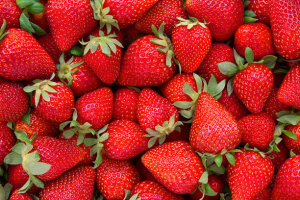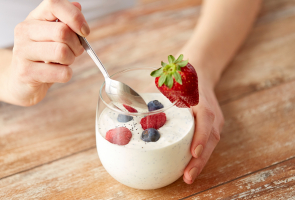Top 10 Health Benefits of Eating Oysters
Oysters are a type of saltwater bivalve mollusk that lives in marine or brackish water. They are an essential part of the ecosystem because they filter ... read more...pollutants from the water and offer home for other marine species. Oysters used to be regarded for their aphrodisiac qualities. However, everyone is now aware that their health advantages extend well beyond that. Oysters may include a variety of critical vitamins and minerals, making them extremely useful to your health. Here are the best health benefits of oysters.
-
Although oysters are not usually mentioned when discussing the advantages of omega-3, they are a good source. Oysters contain around 672 mg of omega-3 fatty acids per 100 grams. Omega-3 is an essential fatty acid, which means you must obtain it from your food, and it has various health-protective properties.
In this context, research demonstrates that consuming more omega-3 fatty acids decreases the risk of cardiovascular and all-cause death. Although the research is conflicting, eating extra omega-3 fatty acids may benefit cognitive health. Omega-3 fatty acids have anti-inflammatory effects and may reduce the risk of a variety of inflammation-related disorders. More omega-3 fatty acids in the diet can help to alleviate the symptoms of metabolic syndrome (such as high blood pressure). While fatty fish like salmon and mackerel are the finest sources of omega-3, oysters are also a good source.

A Rich Source of Omega-3 Fatty Acids 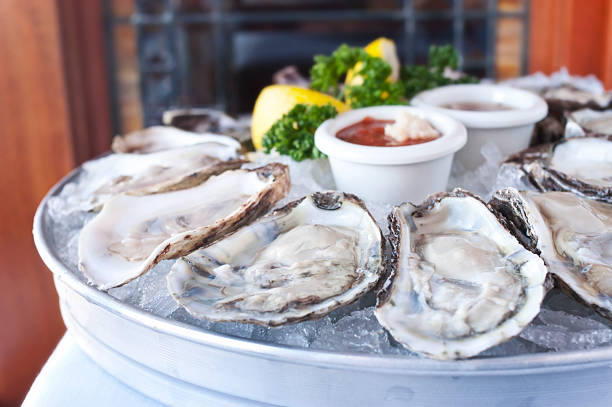
A Rich Source of Omega-3 Fatty Acids -
Vitamin D operates as a hormone rather than a typical vitamin, and it is essential for human health. Vitamin D improves bone health and modifies cells, immunological function, and inflammation, among other things. It also has anti-cancer capabilities due to its connection with apoptosis. The sun is the finest source of vitamin D, but you can also receive it through your food, and oysters are a good source.
For example, 100 grams of oysters provide 320 IU of vitamin D, which is roughly 80% of the RDI. As a result, oysters are an excellent potential source of vitamin D for persons who do not receive enough sun exposure or who live in areas with long and gloomy winters.
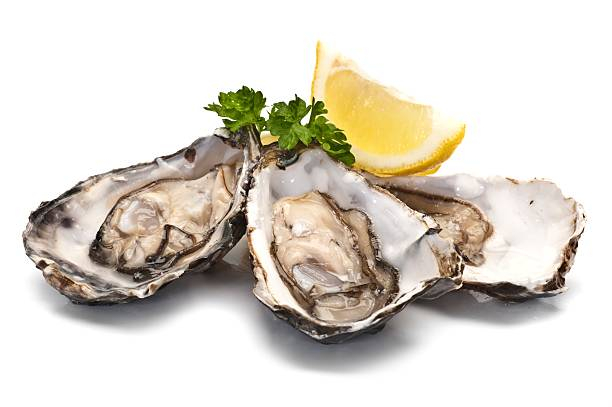
A Rare Food Source of Vitamin D 
A Rare Food Source of Vitamin D -
The majority of your zinc comes from red meat and fowl. Oysters, on the other hand, may contain more zinc per serving than any other food, according to the US Department of Health and Human Services. A couple of medium-sized raw oysters can more than cover your daily zinc requirement at 8.31 milligrams per oyster (8 mg for women and 11 mg for men).
Zinc is a vital mineral with several roles in the human body. Among them, zinc is important for immunity, protein and DNA production, and overall growth and development. Oysters contain a remarkable quantity of zinc and are the finest dietary source of the mineral in the world. Oysters, as a source of zinc, can also be a healthy alternative to more prevalent animal items. As previously stated, zinc is linked to a variety of health advantages, including a healthy reproductive system. Other advantages may include improved immunity, wound healing, and prevention of age-related eyesight loss.
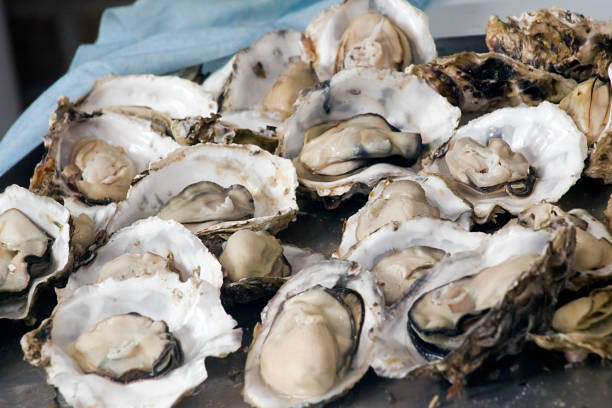
Might be Rich in Zinc 
Might be Rich in Zinc -
When it comes to serving sizes, the oyster is one of the most nutrient-dense foods with a low-calorie count. 100 gm of grilled chicken breast, for example, may contain 176 calories, but 100 gm of canned oysters may contain 74 calories. Less than half of the fat is present. In other words, it might be great for anyone looking to reduce weight in a healthy way.
Oyster proteins may aid in weight loss or management. According to one study, high-protein meals may enhance satiety (feeling fuller), lower energy consumption, and aid in weight reduction. This function is primarily influenced by two hormones: cholecystokinin (CCK) and ghrelin (hunger hormone). Ghrelin, which is produced by the stomach walls, is responsible for the sensation of hunger, and its levels fall after eating. CCK is also created in the upper small intestine after a meal, particularly when protein-rich foods are ingested. These lowered ghrelin levels and elevated CCK levels alert the brain that enough food has been ingested and induces satiety.

May Help Reduce Body Weight 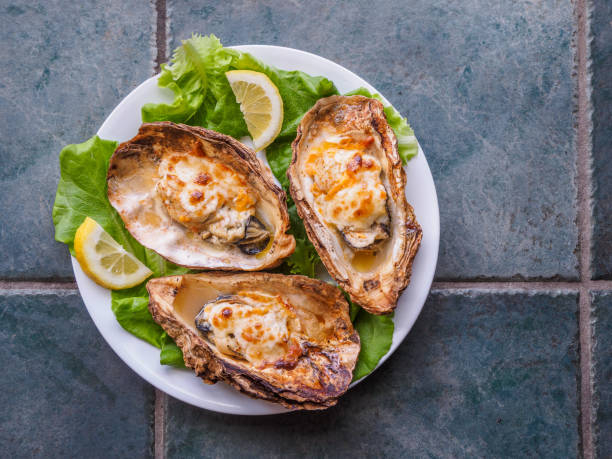
May Help Reduce Body Weight -
Oysters may not have as much protein as animal items like chicken, but they are a far healthier alternative. The issue with many protein-rich animal meals, such as meat, is that they are also heavy in fat. Oysters, on the other hand, are high in good fats. 6 medium oysters (88gm) contain around 8g of protein. According to a 2019 Washington Post story, oysters and sardines have the greatest levels of good fats among protein sources.
Oysters are also less harmful to the environment. According to studies, oyster harvesting produces no additional greenhouse gas emissions. Instead, it aids in the purification of the water in its environment. Oysters also have a high protein efficiency ratio, a high biological value, and a diverse amino acid composition. In layman's terms, this indicates that oysters are a highly bioavailable and high-quality source of protein.
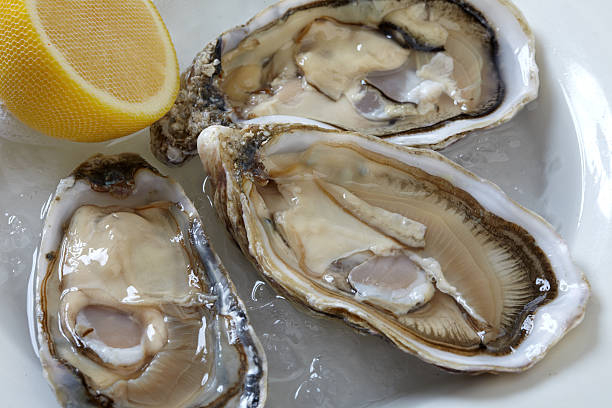
Might be a Healthy Protein Source 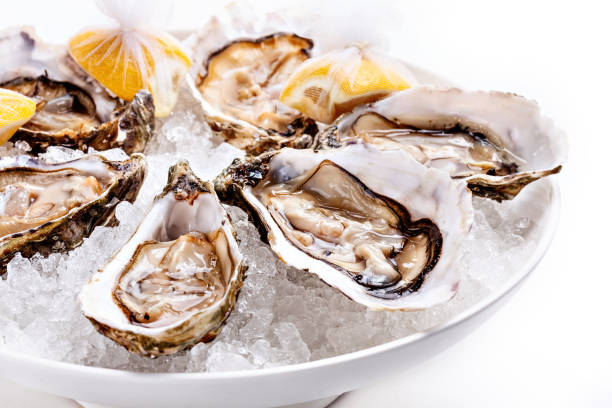
Might be a Healthy Protein Source -
Oysters can be good for your heart health in a variety of ways, but their high quantities of omega-3 fatty acids are the most important. Omega-3 fatty acids are thought to be high-quality cholesterol. They may aid in the maintenance of heart rate, the reduction of blood pressure, the improvement of blood vessel function, and the reduction of inflammation.
Oysters' high potassium and magnesium levels may contribute to their heart-health advantages. They may assist in lowering blood pressure and relaxing blood arteries. This may aid in improving circulation, oxygenating the blood, and relieving stress on the cardiovascular system. Finally, vitamin E in oysters has been linked to potential cardioprotective qualities, particularly in persons with chronic conditions such as diabetes.

May Contribute to Heart Health 
May Contribute to Heart Health -
According to research cited in the Journal of the Fisheries Research Board of Canada, oysters can be an excellent source of iron. Iron levels in oysters may be as high as 6 mg per 100 g. This is close to the daily need of postmenopausal women and men of 8 mg. Premenopausal women require nearly double the amount. Iron is essential for the development of red blood cells in the body. It is the first line of defense against anemia, also known as iron deficiency, which can cause tiredness, cognitive dysfunction, gastrointestinal problems, and overall muscular weakness.
A steady supply of healthy blood cells in the circulatory system guarantees that the organ systems have enough oxygenated blood to function properly. This ensures that they work properly and that the body's total metabolic rate improves.
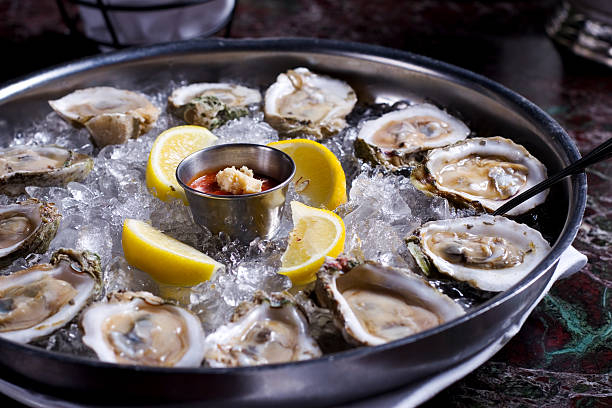
Might Increase Blood Circulation 
Might Increase Blood Circulation -
Oysters may contain a unique antioxidant known as 3,5-Dihydroxy-4-methoxybenzyl alcohol, abbreviated as DHMBA. Several studies have demonstrated that it is a potent phenolic molecule that may enhance human health in a variety of ways. According to a study published in the journal The Biological Bulletin, zinc and DHMBA in oysters aid in the normal functioning of glutamatergic neuron activity, which aids memory and learning processes in the brain. It may also help to protect the liver from oxidative damage.
Oysters also provide selenium, a trace mineral that is frequently deficient in our diet. Antioxidant capabilities have been demonstrated in studies. A lack of selenium has been related to an increased risk of chronic health disorders such as heart disease. It has been identified as the critical vitamin that stops HIV from progressing to AIDS.

Contain Unique Antioxidants 
Contain Unique Antioxidants -
Oysters may include vitamins and minerals that are important for your immune system. It may be high in zinc and selenium, which may be important in supporting a healthy immune system. While selenium is an excellent antioxidant, zinc aids in the fight against infections.
Aside from essential vitamins like vitamin C and D, oysters can be high in vitamin B12, which is essential for immune system health. They contain zinc, which appears to have virus-fighting properties. This is most likely due to zinc's role in the formation and activation of white blood cells involved in the immunological response. It also helps your immune system with duties like wound repair.

Boost Immune Function 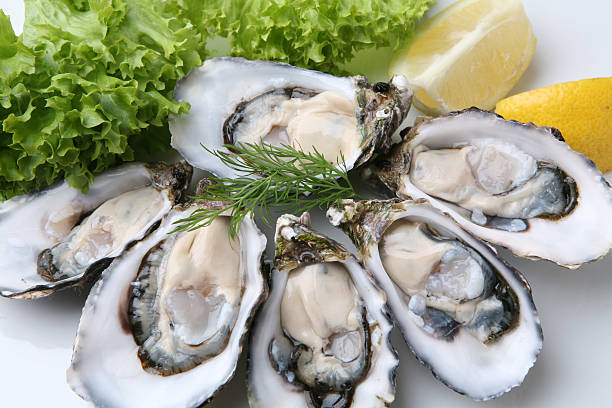
Boost Immune Function -
As previously said, oysters can be high in minerals, which aid in bone strength. High amounts of calcium, phosphorus, zinc, iron, copper, and selenium all contribute to increased bone mineral density and durability, keeping you from developing disorders such as osteoporosis. According to a 2019 animal research published in the Journal of Food Science and Technology, food items supplemented with oyster shells might help prevent and cure osteoporosis. This is also true for goods containing the fermented oyster extract.
Oysters are high in calcium, which is necessary for bone health. Furthermore, the vitamin D concentration of these foods stimulates calcium absorption into circulation. As you become older, your bone density decreases. It may also promote osteoporosis and more frequent fractures. Oysters, when included in a well-balanced diet, can help strengthen your bones.
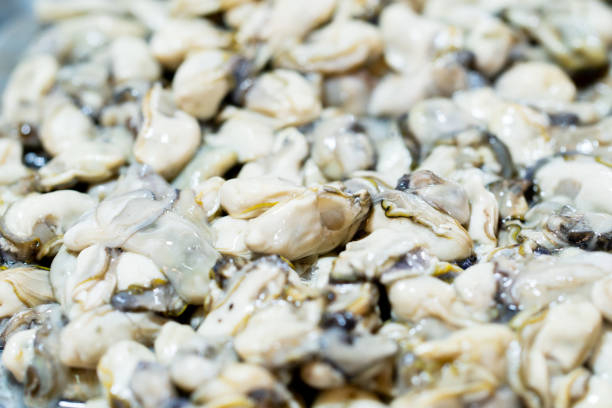
May Promote Healthy Bones 
May Promote Healthy Bones













